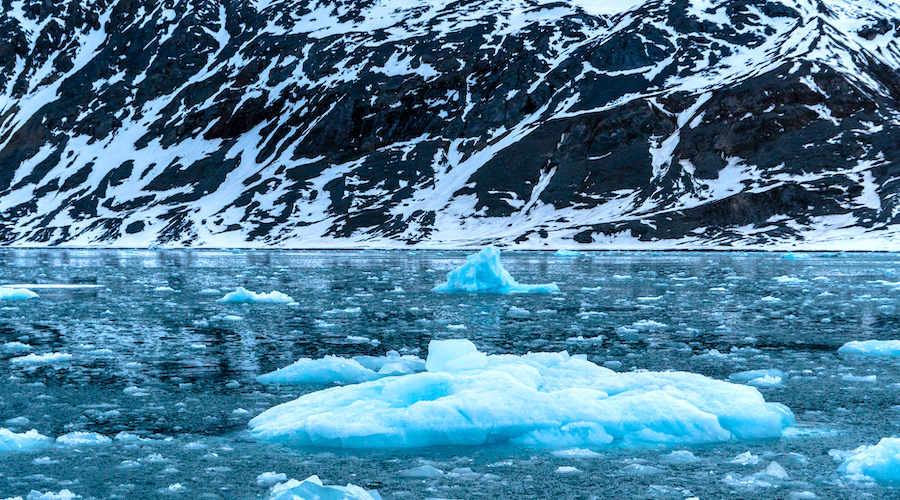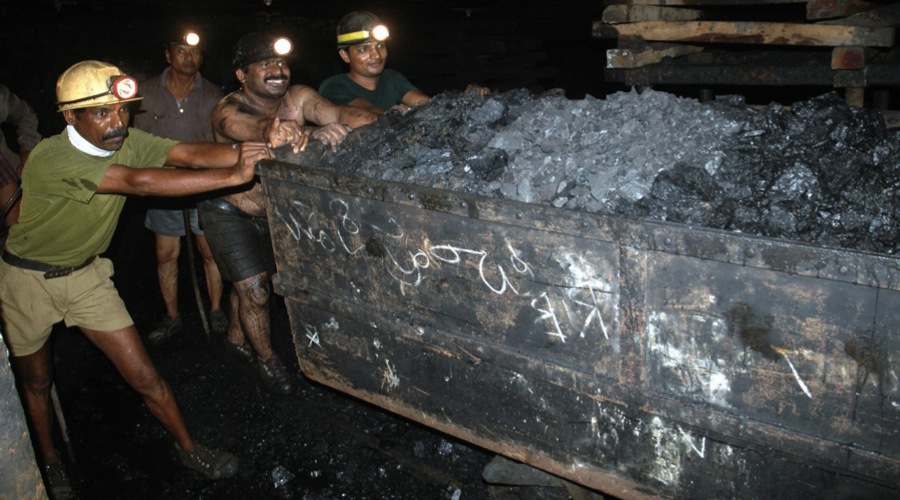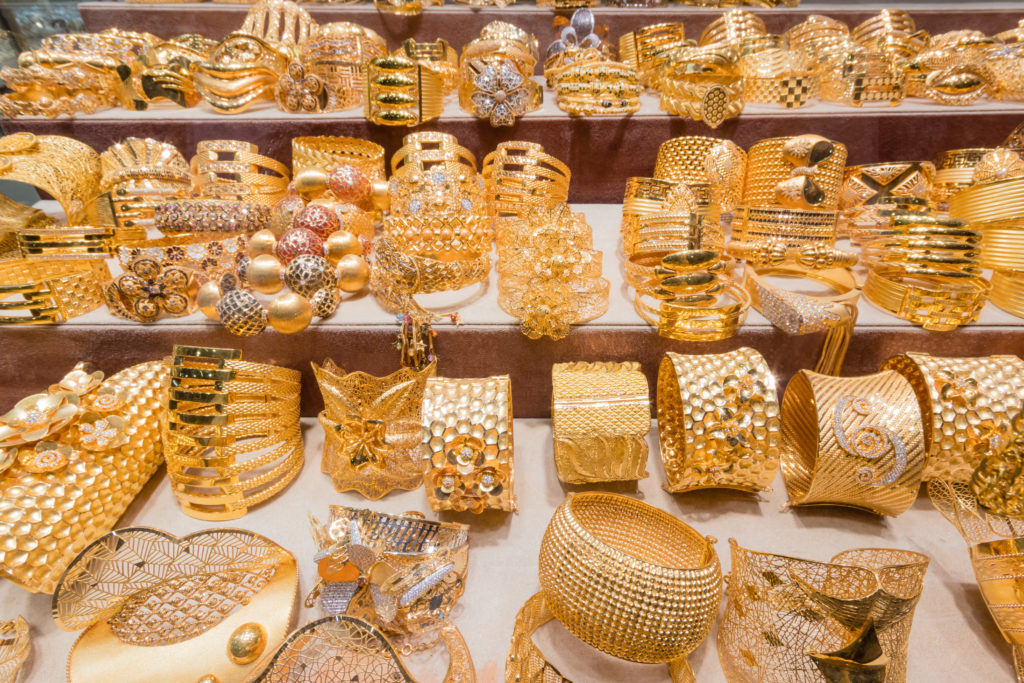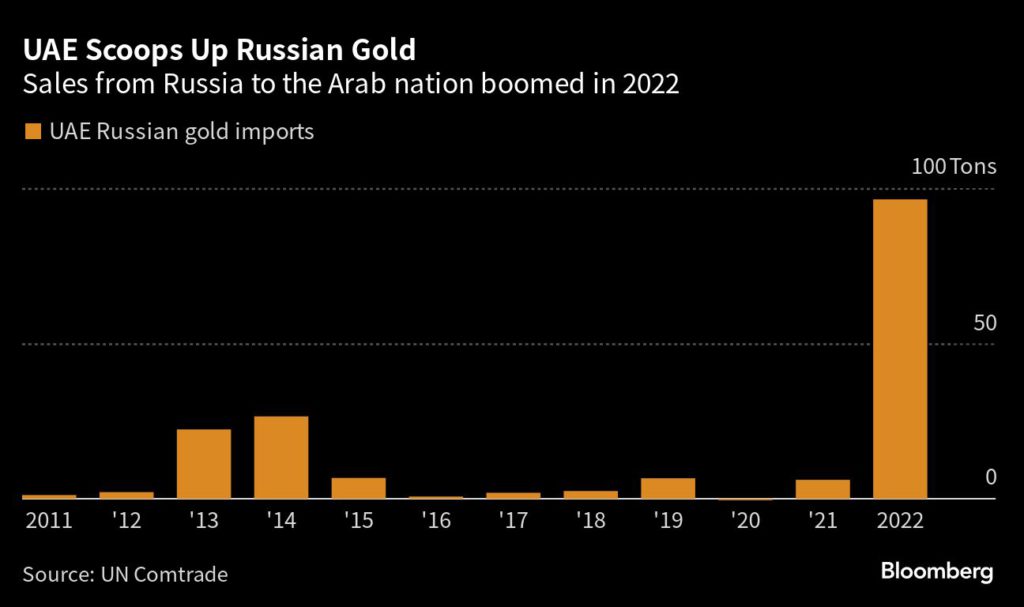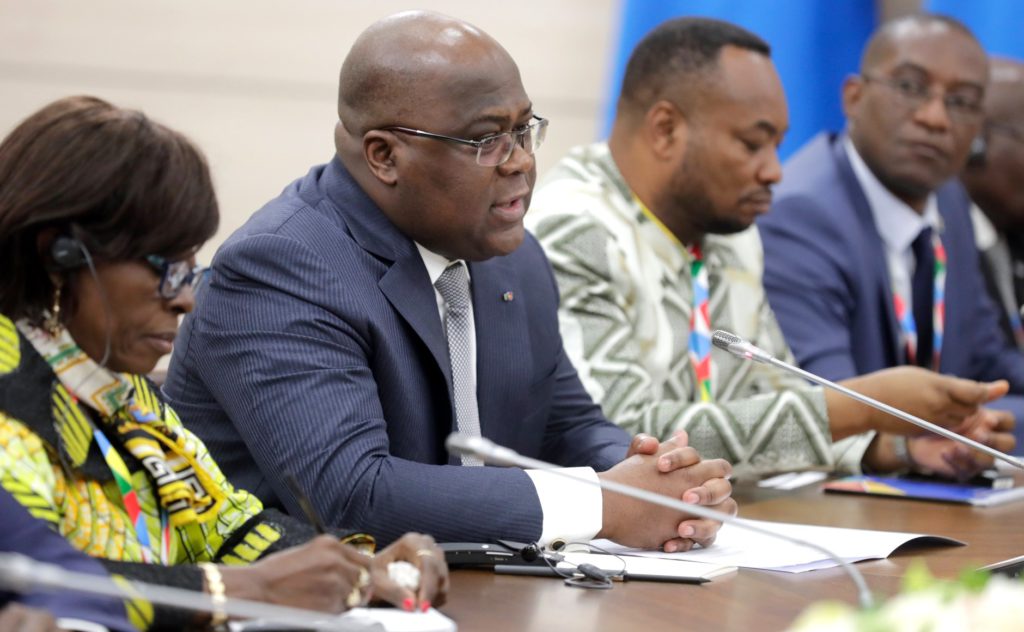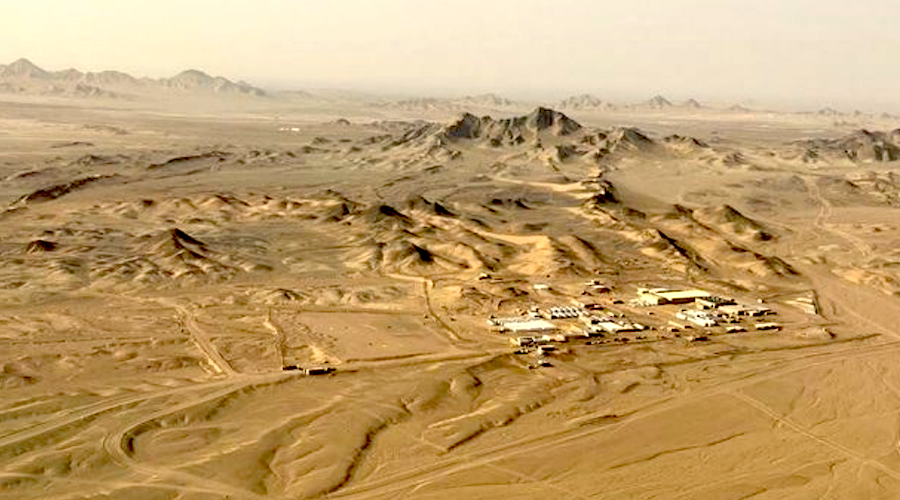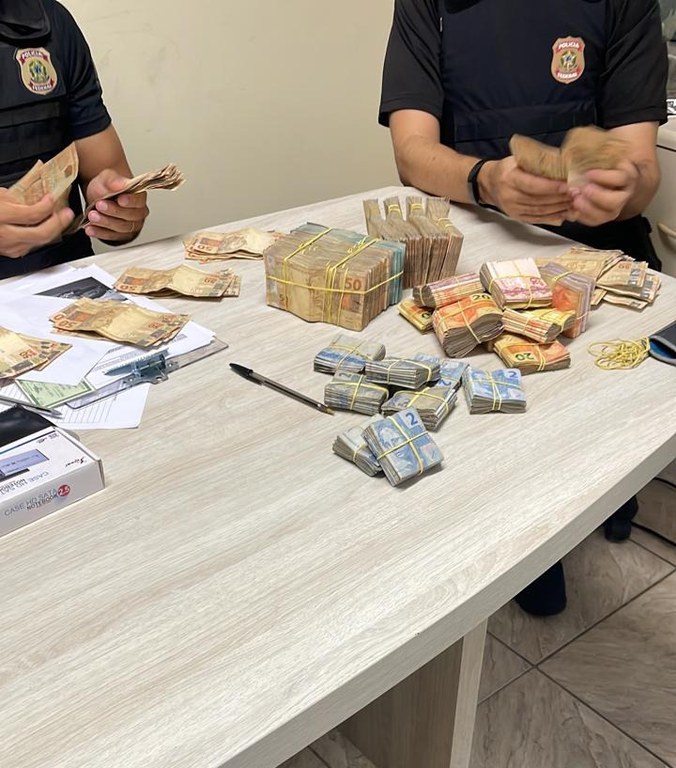THANKS ALBERTA
Canada will exceed its methane reduction targets, Trudeau says
UN official notes Canada was 'one of the largest expanders
of fossil fuel last year'
Prime Minister Justin Trudeau said Wednesday that Canada's methane reduction efforts are ahead of schedule and it's in a position to exceed its targets for reducing one of the most potent planet-warming gases.
Speaking at an event on the sidelines of the United Nations General Assembly in New York, Trudeau confirmed Canada is on track to meet and even exceed its methane emissions targets.
"Canada has committed to reduce by 2030 methane emissions from the oil and gas sector by at least 75 per cent below 2012 levels," Trudeau told world leaders. "Today, I can announce that the draft regulations we will share soon will be designed to help us exceed this ambitious target."
Trudeau did not elaborate further on how far Canada might surpass its targets. Further details are expected when the federal government releases its upstream oil and gas methane regulations this fall.
A news release from Environment and Climate Change Canada says that when the regulations are enacted, "they will achieve significant methane emissions reductions" through performance standards and increased stringency for sites at "highest risk of unintentional releases (fugitive emissions.)"
In 2021, Environment and Climate Change Canada confirmed that under current federal and provincial methane regulations, the country was on track to meet its interim 2025 target of a 40 to 45 per cent reduction by 2025.
On Wednesday, Trudeau also promised to deliver "a framework to cap emissions" from the oil and gas sector by the end of this year.
UN ranks Canada among the 'first movers and doers'
The 2016 Paris Agreement commits countries to working toward limiting warming to 1.5 C above pre-industrial levels. The planet is inching closer to surpassing that target; the United Nations says the world already has warmed by at least 1.1 C.
According to the UN, global climate pledges have placed the world on track for a temperature rise of between 2.4 C and 2.6 C by 2100.
Canada was among more than 30 select countries that were allowed to speak at the Climate Ambition Summit. The summit featured the work of "first movers and doers," according to the UN. The United States and the United Kingdom were not invited to speak.
"I think if we were to ask the question if Canada would have been here ten years ago under a Stephen Harper government, the answer is, obviously, no," said Environment Minister Steven Guilbeault at a news conference outside the event.
But as Trudeau was being introduced, some voices suggested some of Canada's actions ran counter to the values of the climate ambition summit.
"Canada was one of the largest expanders of fossil fuel last year," United Nations Under-Secretary-General Melissa Fleming noted as she introduced Trudeau.
The David Suzuki Foundation welcomed the prospect of Canada exceeding its methane targets. Still, the foundation's senior climate policy adviser Tom Green said the real work lies in better methane emissions accounting.
"We have a bigger problem in Canada, which is that we're very poor at actually measuring and knowing how much methane we have today and how much we had in the past," Green said. "So we've got to improve on what's called measurement, reporting and verification."
Green noted both the natural resources and innovation ministers have a shared mandate to establish a global centre for excellence on methane detection and elimination. He called on the government to fulfil that promise.




